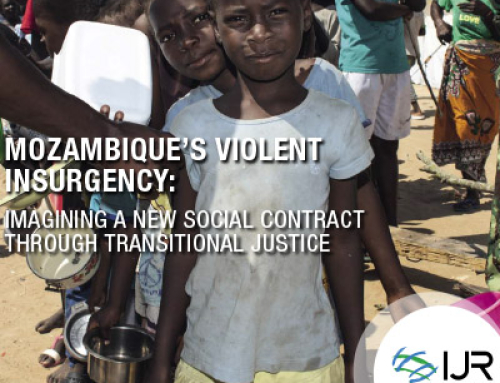
SARB Report 2008 – 8th Round Media Briefing
This document reflects on key findings of the 8th Round of the SA Reconciliation Barometer Survey that was conducted during April and May of 2008. The survey tracks public sentiment towards socio-political change and how it impacts on the broader South African national reconciliation project. Since its inception in 2003 the survey’s methodology has been based on the measurement of six key reconciliation hypotheses relating to human security, political culture, cross-cutting political relationships, dialogue, historical confrontation and race relations by tracking those indicators that underpin their primary variables. The project recognises that all of these facets of reconcilition does not always carry equal weight and that emphasis may shift depending on circumstances.
Given the current global context of economic uncertainty, this briefing focuses on the human security hypothessis, which posits that if citizens do not feel threatened, they are more likely to be reconciled with each other and the larger system. Such threat is understood in economic, physical, and also cultural terms.
The results of this round of the survey shows that there was a marked level of volatility, brought on by a general deterioration of material circumstances, within the South African society at the time that it was conducted. Citizens felt economically less secure, physically more unsafe, and less confident about their future, particularly as such confidence pertains to relations between South Africans of different races. This points to the possible strain that such levels of insecurity may be putting on the cohesion of society. As in most developing societies, such strain tends to expose key social faultlines, and when it errupts in violent demonstrations of discontent, it tests the robustness of systems of governance. In these circumtances trust becomes a vital commodity to the institutions who constitute such systems and those that are in charge of them. The SARB Survey data shows that while significant levels of trust are still vested in these entitities, much of it has been eroded in recent years. Capacity and skills deficits that retard government efforts to reduce citizen vulnerability may be at the heart of this. As government revenues are likely to dwindle during the economic slowdown, such skills and capacity may be put under further pressure. If this is not managed correctly, we may witness growing levels of social discontent and violent protest. The xenophobic violence of May this year has reminded us how vulnerable we are in such a situation.
The briefing, in conclusion, warns that in the run-up to the 2009 general elections, political parties and individuals ought to be aware of the volatility that currently permeates South African society. Many that live in material deprivation may under the current circumtances be highly succeptable to the increasingly radical rhetoric of political parties. Great care should be taken that such inflamatory language does not jeapordise the relative political stability that we have enjoyed since 1994.
By: Jan Hofmeyr
Pages: 23
Dimensions: A4
Date of publication: 2008




